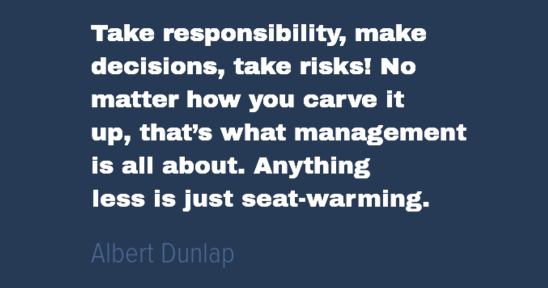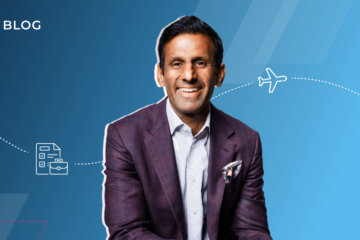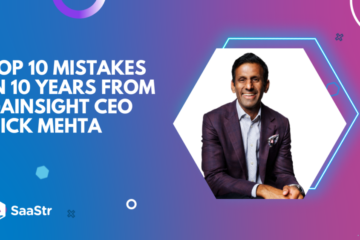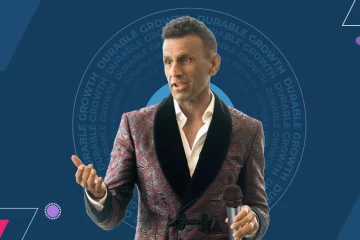
WWADD doesn’t have a catchy ring to it. But I sometimes think about Al Dunlap, the famous “hatchet man” CEO from the Leveraged Buyout era, and how he operated.
“The most important person in any company is the shareholder.” – Al Dunlap
While I’m a CEO that cares deeply about my team and about driving Success for All (teammates, families, clients, partners and investors), I recognize that part of our existence depends on shareholders believing that we are a good investment.
What Did Al Dunlap Do?
Al Dunlap is a serial CEO best known for ruthlessly turning around and downsizing companies such as Scott Paper, where he laid off 11,200 workers, but tripled the firm’s market value.
“Some critics may think I fire people too quickly. But it’s pretty easy to discern who is willing to make changes and who will maintain the status quo. I don’t want the status quo.” – Dunlap.
Legacy Planning
So while I want to run Gainsight for as long as I am am able, I sometimes think about what the next CEO would do here.
Maybe the CEO is another growth-oriented, touchy-feely, bleeding heart CEO. Or maybe it’s Al Dunlap.
What would the next CEO think of how the company has been run?
- Would she look at decisions I’ve made and say WTF?
- Would she think “why is he spending money on that?”
- In how many meetings would she ask the team “why did Nick make that decision?”
- What product moves would look ridiculous in hindsight?
- Which team members would seem like obvious non-fits?
Fixing for the Future
So the easy answer is: think about all of the things that would embarrass the next CEO. Then fix them.
Now.
One way to do that is to help your team members add value.
“Seek out and free the good people. Give them the opportunity to flourish from within.” – Dunlap.
At Gainsight, I began to regularly align with the executive team (and eventually the whole company) on these two questions:
- On a scale of 1 to 5, how strategic is your role?
- On a scale of 1 to 5, how critical is your role?
For strategic, I mean how much does your role drive growth in the next 3-5 years?
- 1 = not at all; the new CEO would find a way to automate or outsource the role
- 2 = minimal; the new CEO would spend no time with you
- 3 = somewhat; the new CEO would include you but no more than anyone else
- 4 = significantly; the new CEO would bring you into some key decisions
- 5 = hugely; the new CEO would lean on you and be looking to motivate you to be around for a long time
For critical, how critical is your role for driving cash flow in the next 12 months?
- 1 = not at all; Al Dunlap would fire you before he met you
- 2 = minimal; Al Dunlap would take a week and then fire you
- 3 = somewhat; Al Dunlap would hire consultants to figure out how to replace your job over time
- 4 = significantly; Al Dunlap would tell you how important you are to the business
- 5 = hugely; Al Dunlap would give you a big retention bonus to make sure you stick around
Some roles are naturally strategic (product and marketing), while some are naturally critical (sales and customer success).
The great thing about this process is you can coach everyone to improve their scores:
Product Managers:
Naturally strategic. Get more critical by becoming the right hand person to sales and indispensable in customer situations.
Marketing Managers:
Naturally strategic. Get more critical by tying what you do to sales and retention.
Sales:
Naturally critical. Get more strategic by building big pipelines and lots of potential up-sell.
Customer Success:
Naturally critical. Get more strategic by driving the product to automate and solve customer issues.
So What Would Al Dunlap Do?
While Al Dunlap’s methods may seem harsh, there are lessons we can learn from him:
“Create a strategy, follow through, take risks, sacrifice, recognize opportunity, and pick up the winner’s spoils at the end.” – Dunlap
Everyone in the company needs to check themselves and make sure they are constantly delivering critical and strategic value.
I hope the Chainsaw isn’t coming to your company anytime soon. But maybe his perspective can help guide how you think about team and process.
“What I do: Make a company and the people who work there the best!” – Dunlap.



